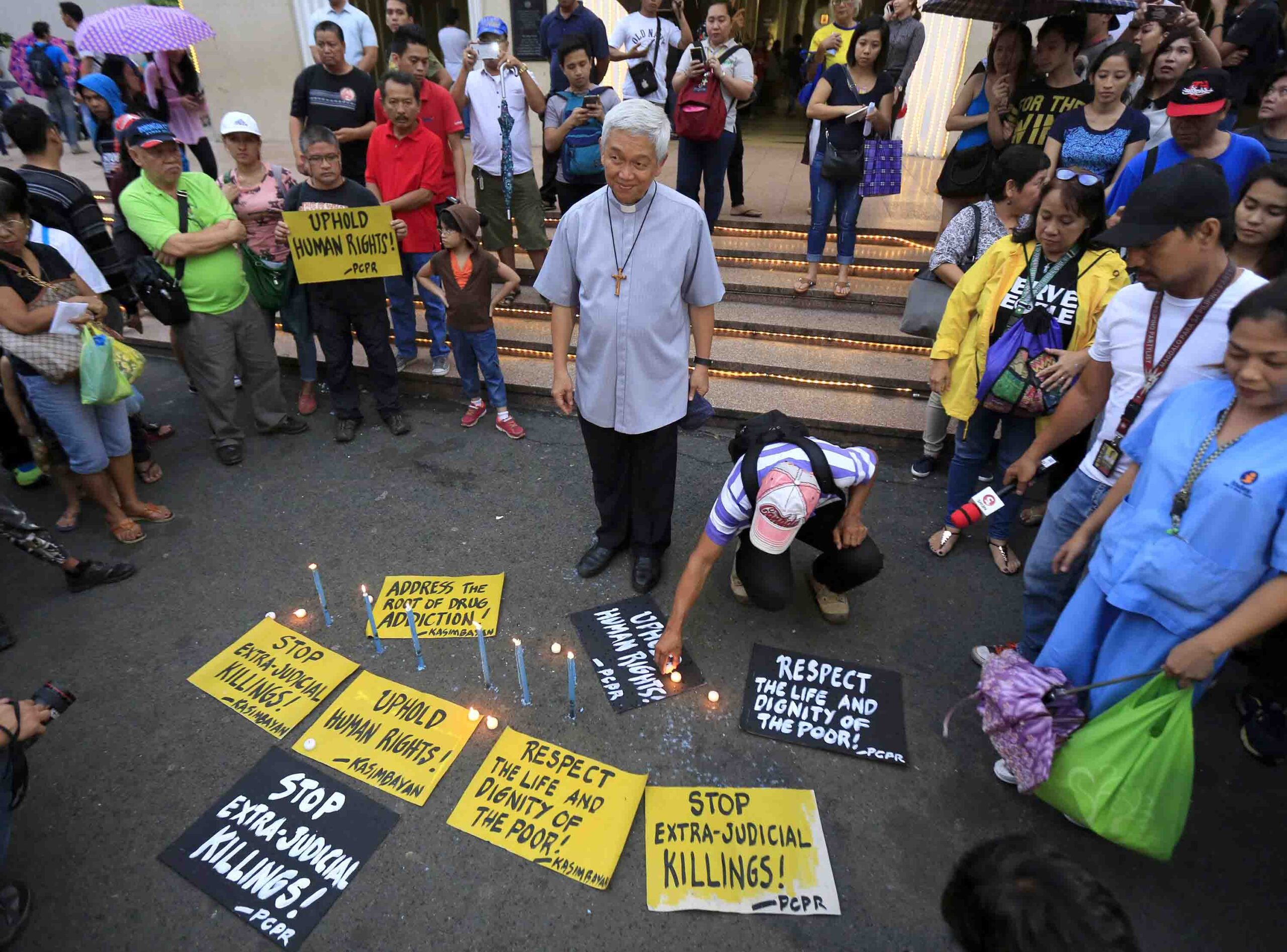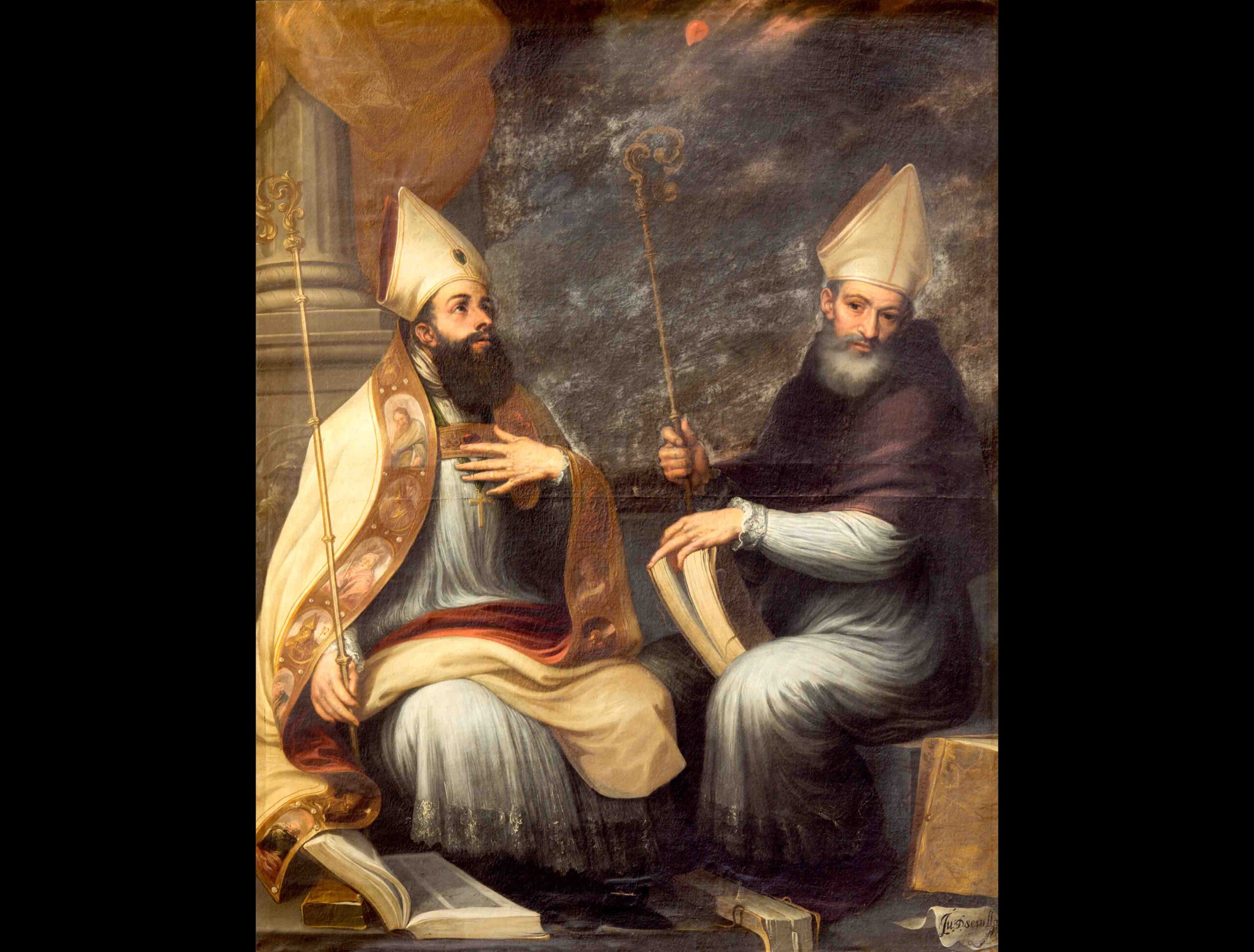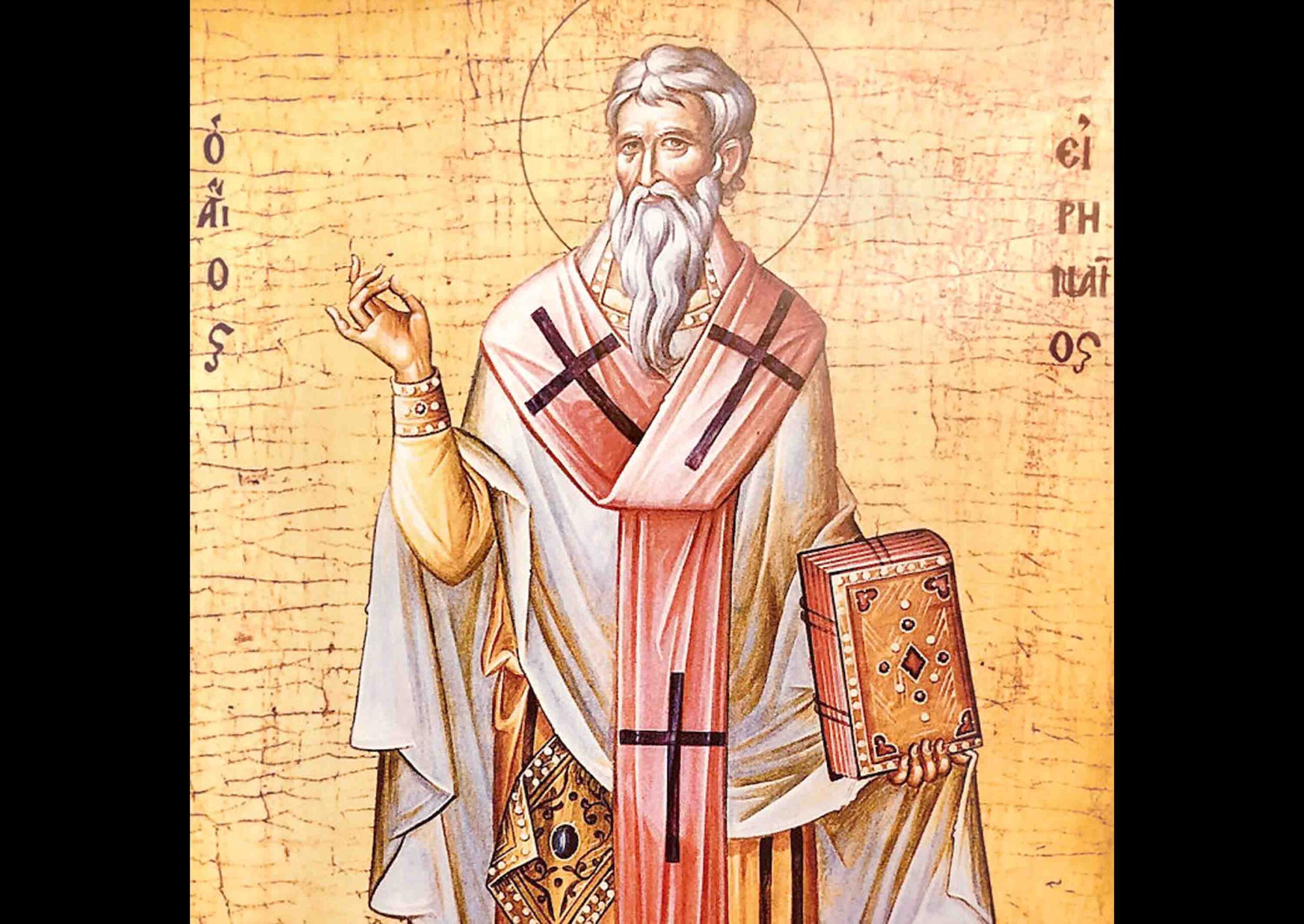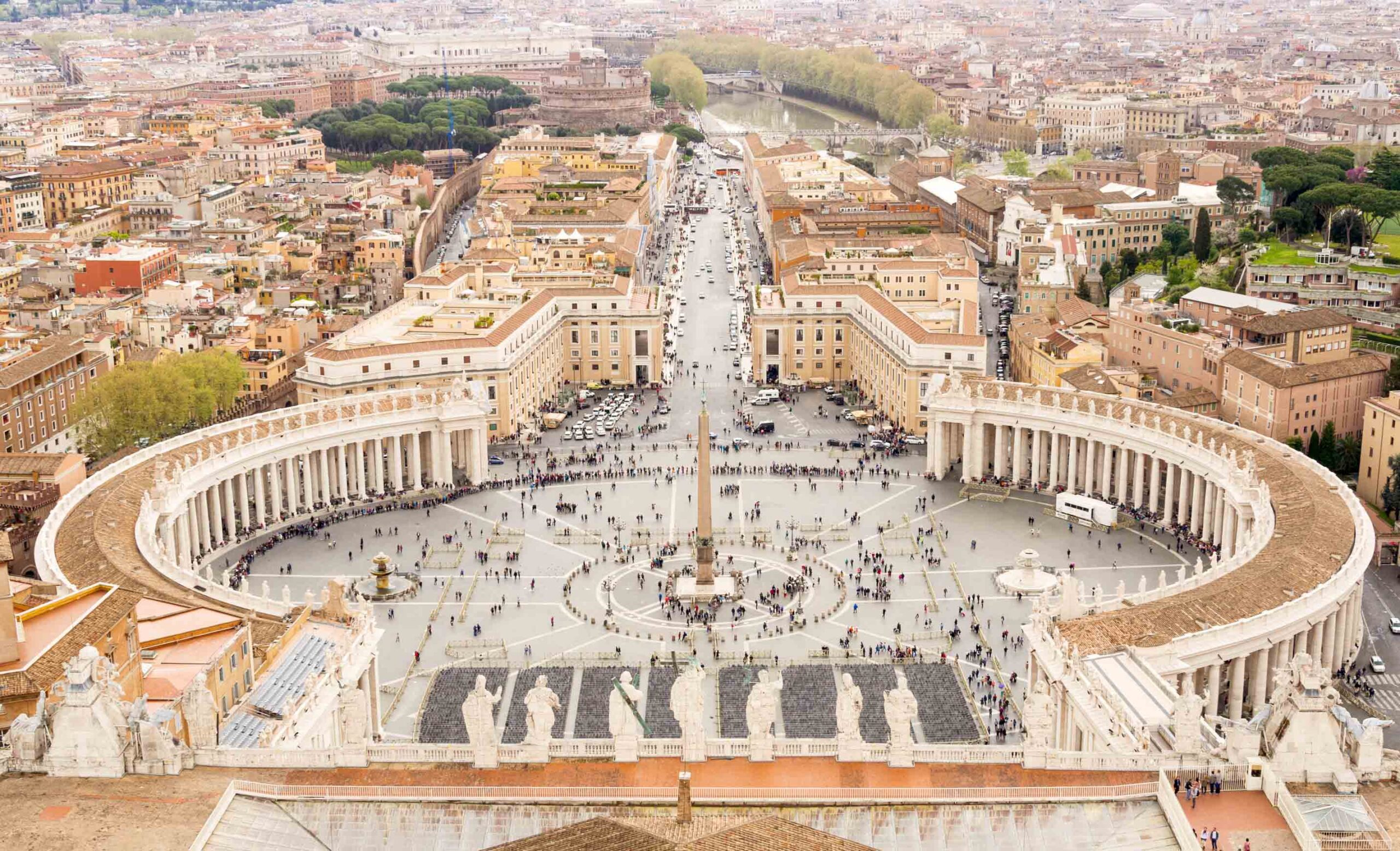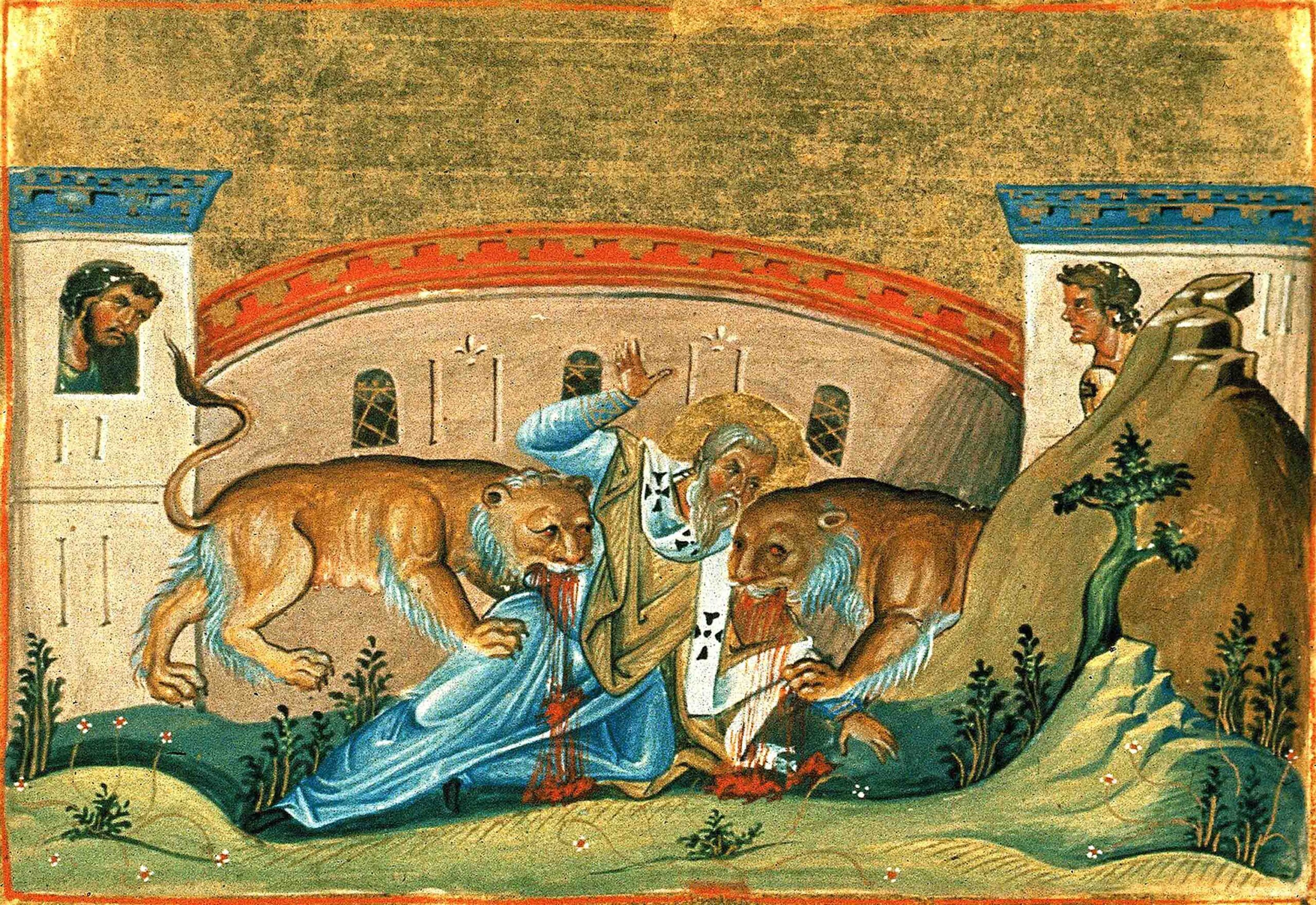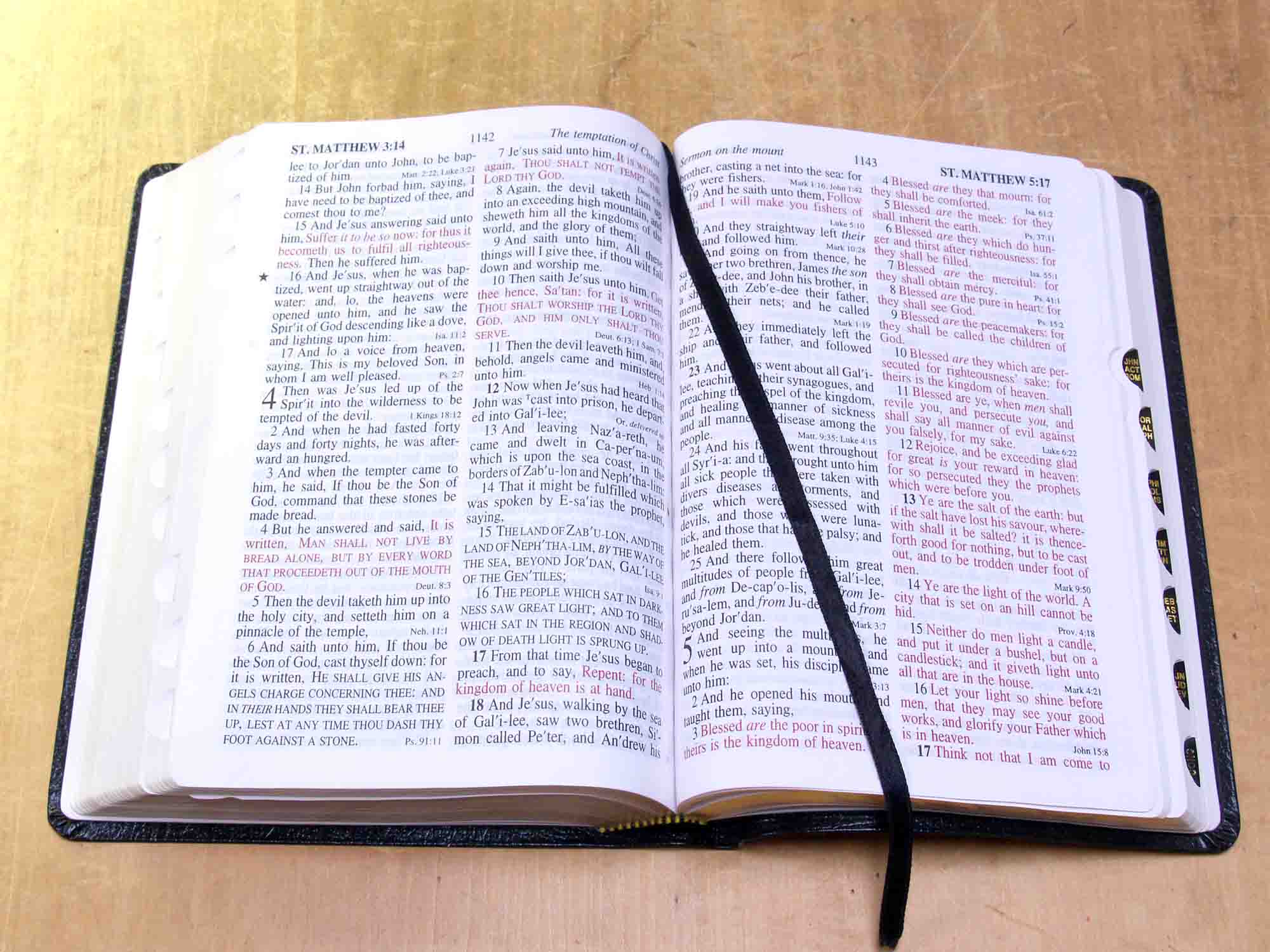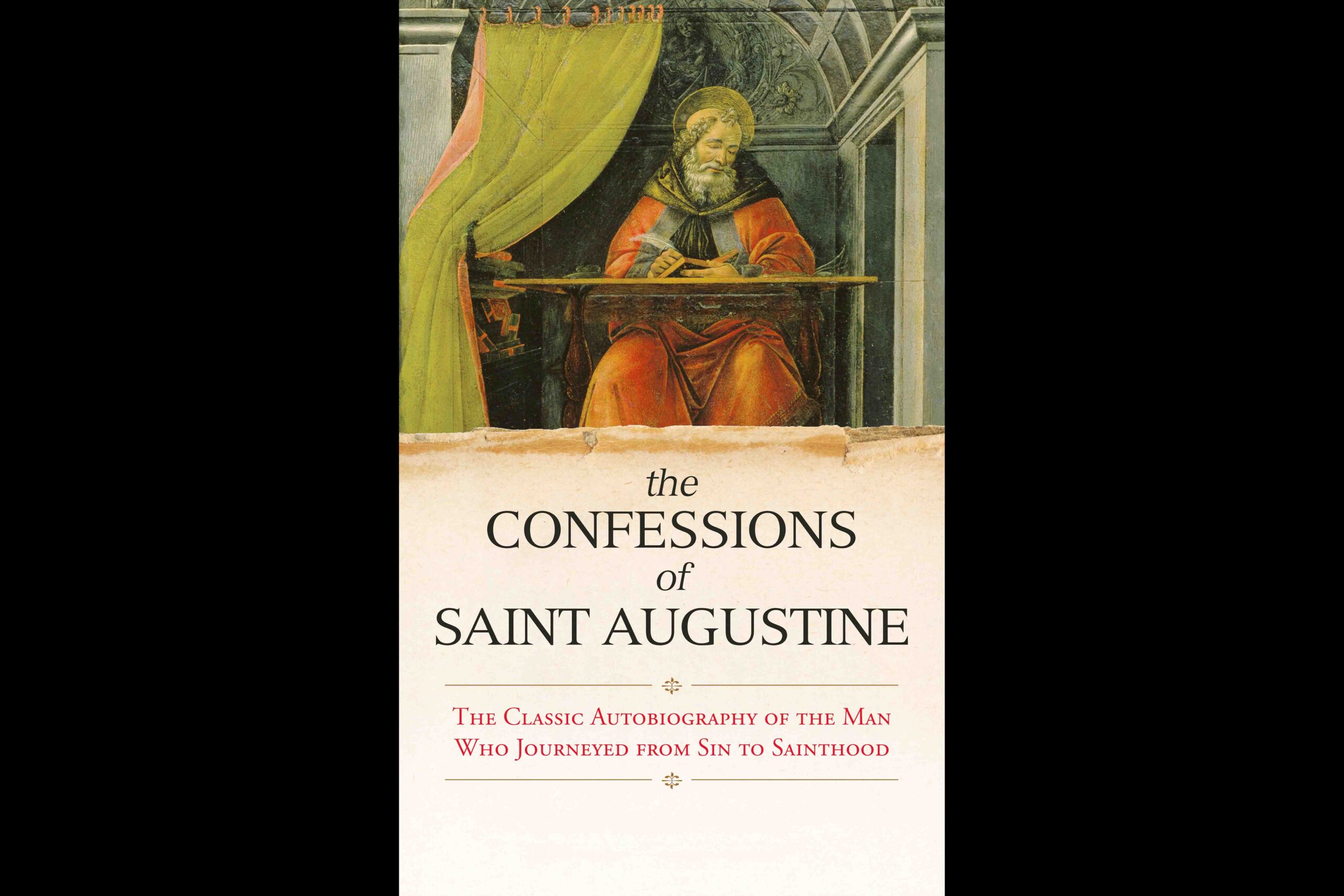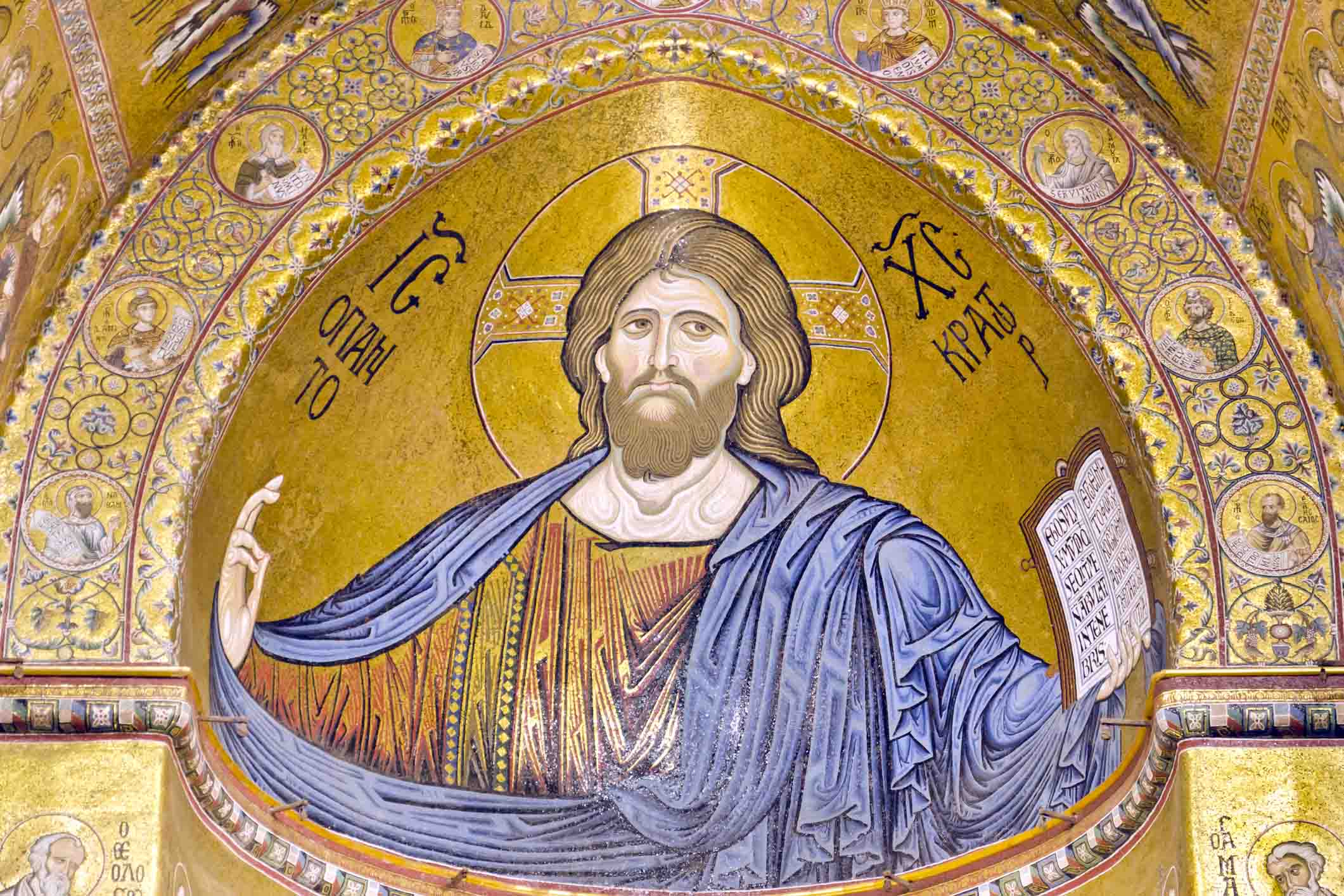The Roman emperors were against Christianity: for almost three centuries Christians paid with their blood their faithfulness to their faith. During this time, we have chosen the writings of four witnesses: Saint Justin who is an apologist i.e. a defender of the faith and who eventually dies as a martyr; the anonymous author of the Letter to Diognetus who shows in a very original and courageous manner the Christians’ way of life in the world; Saint Irenaeus of Lyons, witness of the tradition and Saint Cyprian of Carthage, champion of the unity of the Church. Their witness is very relevant for our Christian life even today.
Saint Justin Martyr was born at the beginning of the second century at Nablus in Samaria. His family was pagan. He was a philosopher and became a Christian at about the age of thirty. He went first to Ephesus and then to Rome where he established a school. He wrote many works in defence of Christianity among which the two Apologies and his Dialogue with Tripho survive.
He gives us the earliest description of the rite of Baptism and of a Sunday Mass. He was martyred, together with six others, five men and a woman, during the time of emperor Marcus Aurelius, about the year 165 AD. This is how he writes about Baptism.
THE WASHING OF “ENLIGHTENMENT”
“All those who are convinced and believe that the things we teach and say are true, and who profess to be able to live in this manner, are taught to pray and to ask of God in fasting the forgiveness of their sins while we pray and fast together with them. Then they are led by us to where there is water and are reborn in the same rebirth in which we ourselves were also reborn. They undergo the washing in water in the name of God the Father and Master of the universe, and of our Savior, Jesus Christ, and of the Holy Spirit.
We learned this doctrine from the Apostles. This washing is called ‘enlightenment,’ since those who have learned these things are enlightened in their minds. The one being illuminated is washed in the name of Jesus Christ, who was crucified under Pontius Pilate, and in the name of the Holy Spirit, who through the prophets foretold all these things regarding Jesus” (Apology I, 61).
THE EUCHARIST
Even more remarkable is Justin’s witness about the Eucharist: “It is allowed to no one else to participate in that food which we call Eucharist except the one who believes that the things taught by us are true, who has been cleansed in the washing unto rebirth and the forgiveness of sins and who is living according to the way Christ handed on to us.
For we do not take these things as ordinary bread or ordinary drink. Just as our Savior Jesus Christ was made flesh by the word of God and took on flesh and blood for our salvation, so also were we taught that the food, for which thanksgiving has been made through the word of prayer instituted by him, and from which our blood and flesh are nourished after the change, is the flesh of that Jesus who was made flesh. Indeed, the Apostles, in the records left by them which are called gospels, handed on that it was commanded to them in this manner” (the Last Supper of Jesus is related).
THE “POWER TO CONSECRATE”
“On the day called after the sun, there is a meeting for which all those dwelling in the cities or in the countryside come together. The records of the Apostles or the writings of the prophets are read as long as time allows. When the reader has stopped, the one who is presiding admonishes and encourages us by a sermon to the imitation of those good examples.
Then we all stand up together and lift up our prayers and, as I said previously, when we have finished our prayer, bread is brought forth and wine and water. The one who is presiding offers up prayers and thanksgiving according to his ability and the people acclaim their assent with ‘Amen’. There is the distribution of and participation on the part of each one in the gifts for which thanks has been offered, and they are sent to those who are not present through the deacons.
The prosperous and those who are willing give what each wishes according to his own decision. What is collected is put aside with the one who presides, and he aids the orphans and widows, those who are in need on account of sickness or some other cause, prisoners and foreigners who are staying with us. In a word, he is the protector of all who are in need”(Apology I, 66-67).



















